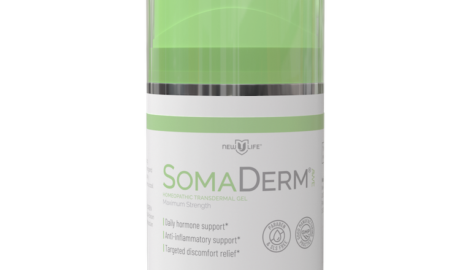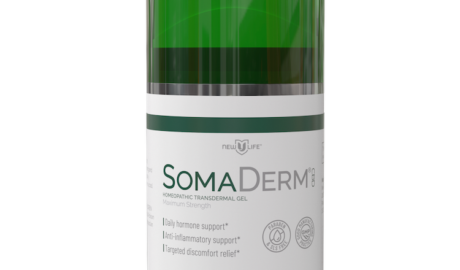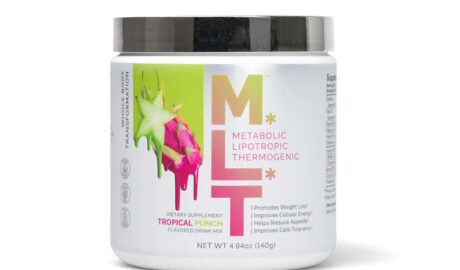Body heat is a natural phenomenon that occurs as a result of the metabolic processes in our body. It is the heat generated by the body’s internal organs and muscles, which helps maintain a stable body temperature.
However, excessive body heat can lead to several health problems, including heat exhaustion, heatstroke, and dehydration.
According to experts, the normal body temperature is around 98.6ºF (37ºC), but it can go up by 0.9ºF (0.5ºC) depending on the time of day. However, a body temperature reaching 100.4ºF (38ºC) indicates you have a fever.
To efficiently reduce your body heat, you must identify the cause of the body heat. Many things can raise your body’s temperature, including medications, illnesses, and intense physical activity. However, a 2021 study states that about 37% of all heat-related deaths worldwide are caused by climate change.
This article will show you efficient health tips for reducing body heat.
10 Health Tips For Reducing Body Heat
If you’re looking to reduce body heat and maintain a comfortable temperature, here are some health tips you can follow:
1. Stay hydrated
Staying hydrated is one of the practical health tips for reducing body heat. Drink plenty of cool water throughout the day to keep hydrated.
Water helps regulate body temperature and promotes sweating, calming you down.
Additionally, you can jump into a cold pool, take a cool bath, or take a cold foot bath to cool down quickly. This helps to calm down your body’s heat.
2. Avoid spicy and hot foods
Spicy and hot foods can increase body heat. Choose lighter, cooler meals that include fruits, vegetables, and salads when the weather is hot.
Also, if you work long hours outside during hot weather, always opt for cool and lighter meals than hot foods.
3. Avoid direct sun exposure
When outdoors, protect yourself from direct sunlight by wearing a hat, umbrella, and sunscreen.
Sunburn can increase body temperature and contribute to heat-related illnesses.
4. Wear breathable clothing
Another cost-effective and healthy tip for reducing body heat is choosing loose-fitting, lightweight, and breathable fabrics such as cotton and linen.
These materials allow air to circulate and help evaporate sweat, keeping you cooler.
5. Use fans or air conditioning
Utilize fans or air conditioning to circulate air and create a cooler environment indoors.
If you don’t have access to air conditioning, try using a fan and placing a bowl of ice in front of it for extra cooling.
6. Limit outdoor activities during peak hours
Avoid strenuous activities during the hottest parts of the day, typically between 10 a.m. and 4 p.m.
If you need to be outside, seek shade and take regular breaks in a cool or air-conditioned area.
7. Apply cool compresses
Use a cold compress or ice pack on pulse points like the neck, wrists, or forehead to help cool down your body temperature during peak hours or when your body temperature is rising.
8. Stay in well-ventilated spaces
Ensure that your living and working spaces are well-ventilated. Open windows, use fans or create cross-ventilation to promote air circulation.
Proper air circulation keeps your body cool and can reduce your body heat if it is not a medical issue.
9. Take a cool shower
Another obvious health tip that can help reduce body heat is to take a cool shower.
This can help reduce body heat by lowering the body’s surface temperature.
When we take a cold shower, the cool water helps to constrict the blood vessels in our skin, which reduces blood flow to the surface of the skin and helps to dissipate heat.
In addition, the evaporation of the water from our skin helps to cool us down. This can be especially beneficial in hot and humid environments where sweating may not be enough to regulate body temperature.
10. Consult a doctor
Learn to listen to your body. Pay attention to any signs of heat-related discomfort, such as dizziness, fatigue, excessive sweating, or muscle cramps.
Rest, move to a cooler area, and practice the above steps. If they fail, you will have to seek medical attention if necessary.
Sometimes, an overactive thyroid, fever, or malaria can cause high body heat.
Consult a doctor immediately when other symptoms, like muscle cramps, dizziness, fatigue, or nausea, accompany your high body heat.
Conclusion
Remember, if you experience severe symptoms like heat exhaustion or heatstroke, seek immediate medical help. These health tips for reducing body heat are general guidelines, and it’s essential to adjust your actions based on your health conditions and the severity of the heat.
Please follow and like us:
try {
top.udm_inpage_sid = 17643;
} catch (e) {
console.warn(“Error initializing udm inpage. Please verify you are not using an unfriendly iframe”);
}





